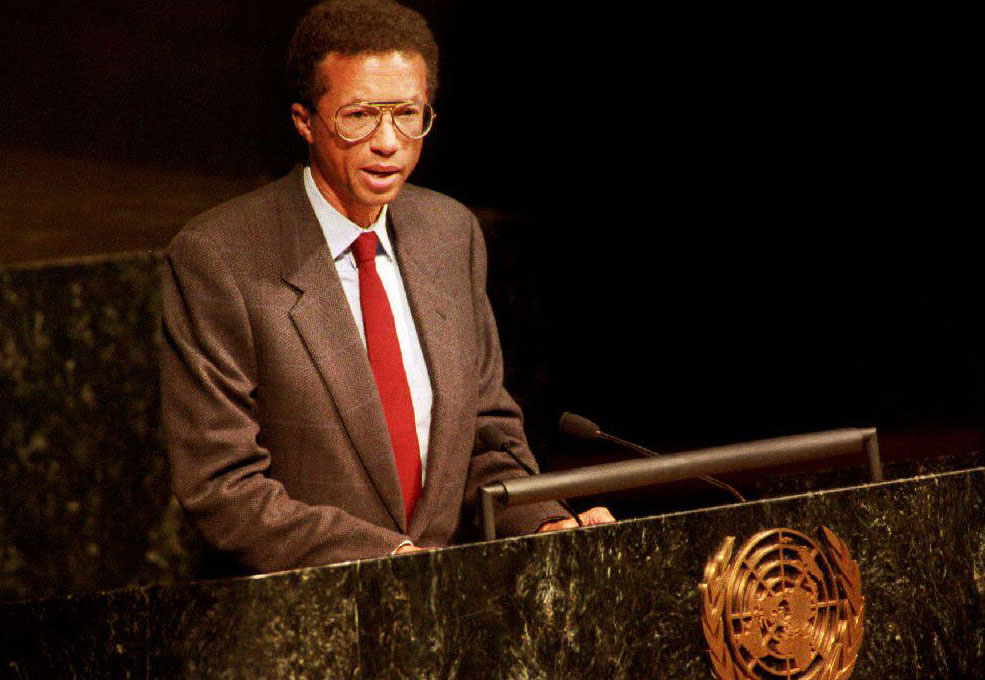Arthur Ashe: Breaking Barriers in Tennis History
Arthur Ashe
Arthur Ashe grew up in Richmond, Virginia, after losing at a young age, he discovered the game of tennis. At seven, he picked up a racket for the first time and quickly became dedicated to the sport. His talent caught the attention of Dr. Robert Walter Johnson Jr., a figure in the black tennis community from Lynchburg Virginia. With Dr. guidance, Ashe began to excel.
Tennis Career
Ashe's first tournament was at the Junior National Championship, where he showcased his determination and talent. To further his development, Ashe moved to St. Louis to train with another coach. There, he won the Junior National title in 1960 and again in 1961. Ashe was ranked fifth-best junior player in the country, and his success earned him a scholarship to the University of California, Los Angeles (UCLA), where he graduated with a degree in Business Administration. In 1963, Ashe made history by being the first African American to be recruited to the U.S. Davis Cup team. He caught the eye of his tennis idol, Pancho Gonzales, who helped him improve his serve and volley technique. The hard work paid off in 1968 when he shocked the world by capturing the U.S. Open title, a feat that remains unmatched by any other African American male player. Two years later, he claimed the Australian Open title.
Social Justice & Activism
Despite his shyness and initial reluctance to engage in political activism during the 1960s, Ashe experienced a social awakening. He became vocal advocate for racial and social justice saying, "There were times, in fact, when I felt a burning sense of shame that I was not with the other blacks and whites standing up to the fire hoses and the police dogs, the truncheons and bullets and bombs that cut down such Martyrs." he mentioned Martyrs like Chaney, Schwerner and Goodman, Viola Liuzzo, Martin Luther King Jr., Medgar Evers and the four girls in the bombed church in Birmingham Alabama."
A secret Illness
As Ashe's fame grew, so did his inner turmoil, he retired from competitive tennis in 1980 due to health issues. After undergoing a quadruple bypass operation in 1979 and another in 1983, he faced more health challenges. In 1988, he was diagnosed with Aids, contracted from a blood transfusion during his second heart operation. He kept his diagnosis private until 1992 when he publicly announced it after learning that USA Today was working on a story about his health battle. In the last 10 months of his life, Ashe dedicated himself to raising AIDS awareness and became a role model for millions. His legacy as one of tennis's most honored and beloved figures continues to inspire. During the 50th U.S. the tournament's first men's singles champion. Ashe's name has graced the world's largest tennis stadium for over 20 years.
Arthur Ashe did not live to witness the modern social justice movements, but there is little doubt he would have applauded the courage of athletes like Colin Kaepernick and others perpetuating his legacy of activism and political engagement. As Ashe once said: "One important key to success is self-confidence. An important key to self-confidence is preparation."
Resources:



Comments
Post a Comment